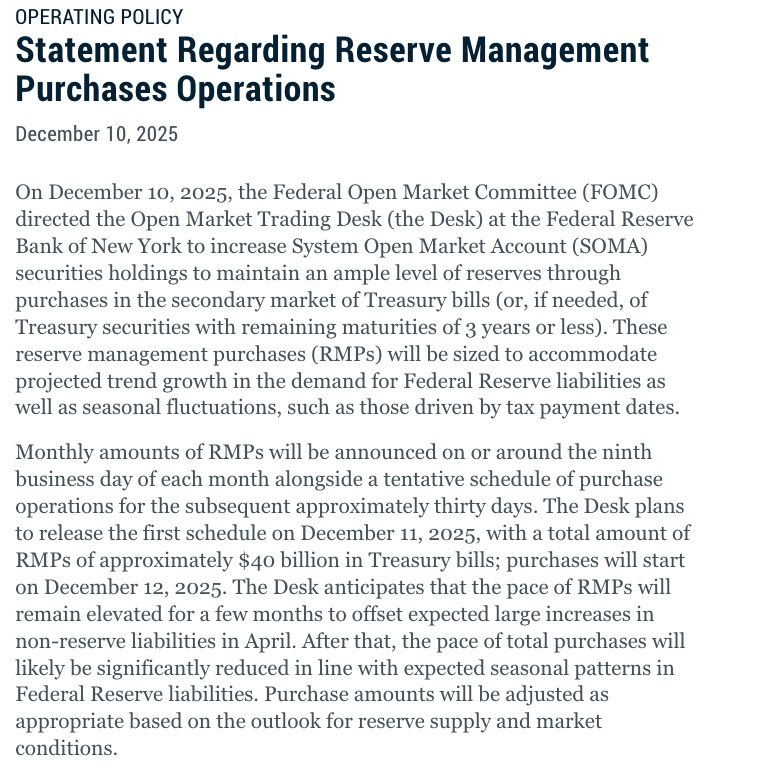I argue here that Germany gained an important political advantage through the way in which we re-organised the financial structure since the Euro.
This exorbitant privilege of issuing the Euroarea safe asset would be lost w #Coronabonds or other risk-sharing measures.
This exorbitant privilege of issuing the Euroarea safe asset would be lost w #Coronabonds or other risk-sharing measures.
https://twitter.com/adam_tooze/status/1246769556590227461
Euroarea financial structure produces, I argued in 2019, a macro-financial mix that is very problematic: (conditional) monetary activism and fiscal austerity.
You see with coronavirus why this is problematic.
You see with coronavirus why this is problematic.
I was wrong on one thing though: 'nobody, not even Mme. Lagarde, is going to support Italian government bonds without a long letter of structural conditionalities' (a la Trichet).
She nearly proved me right, but glad that she didnt.
She nearly proved me right, but glad that she didnt.
• • •
Missing some Tweet in this thread? You can try to
force a refresh









